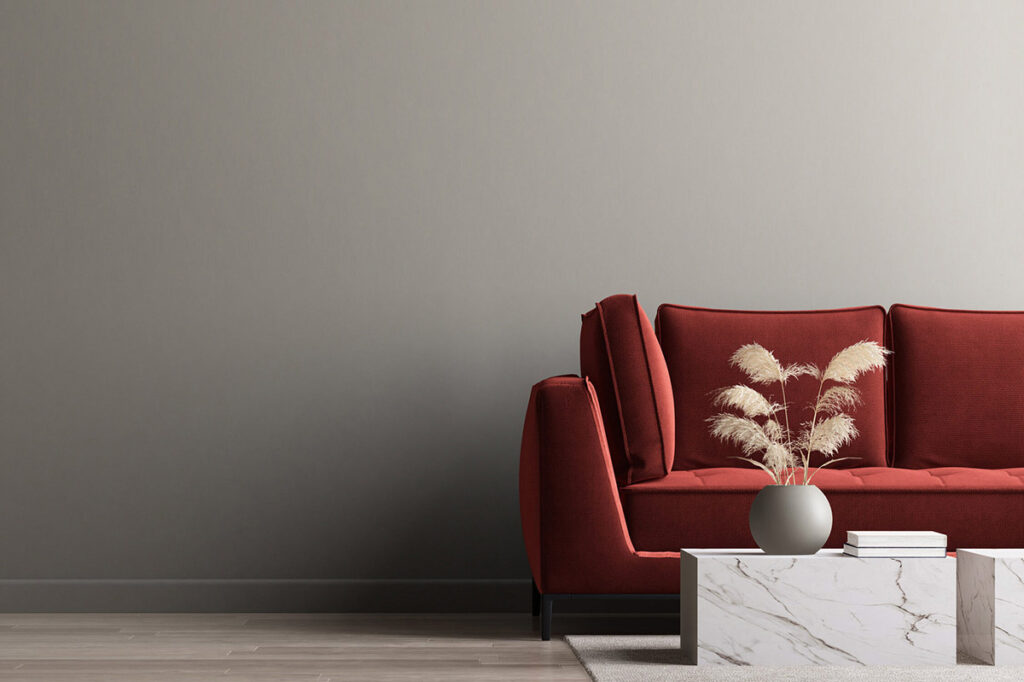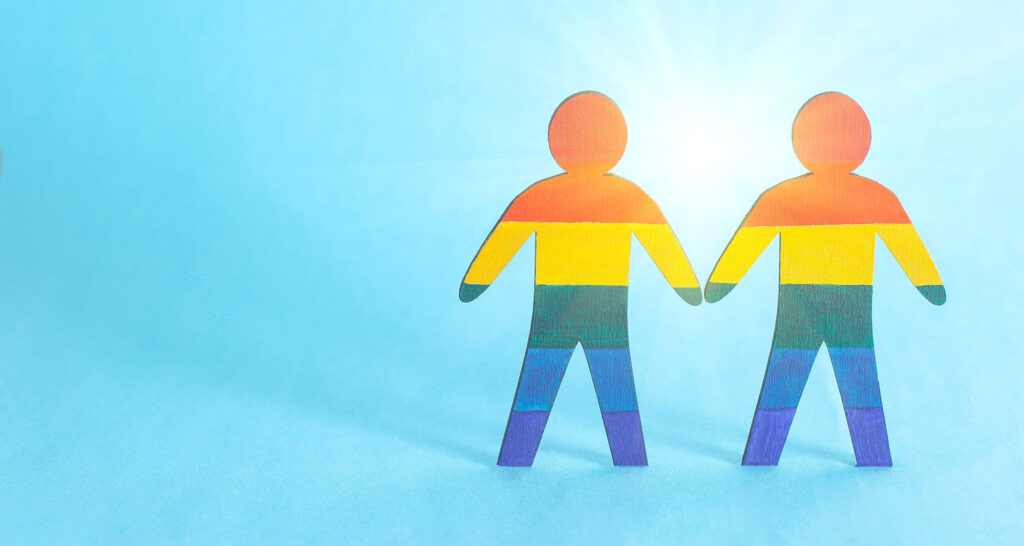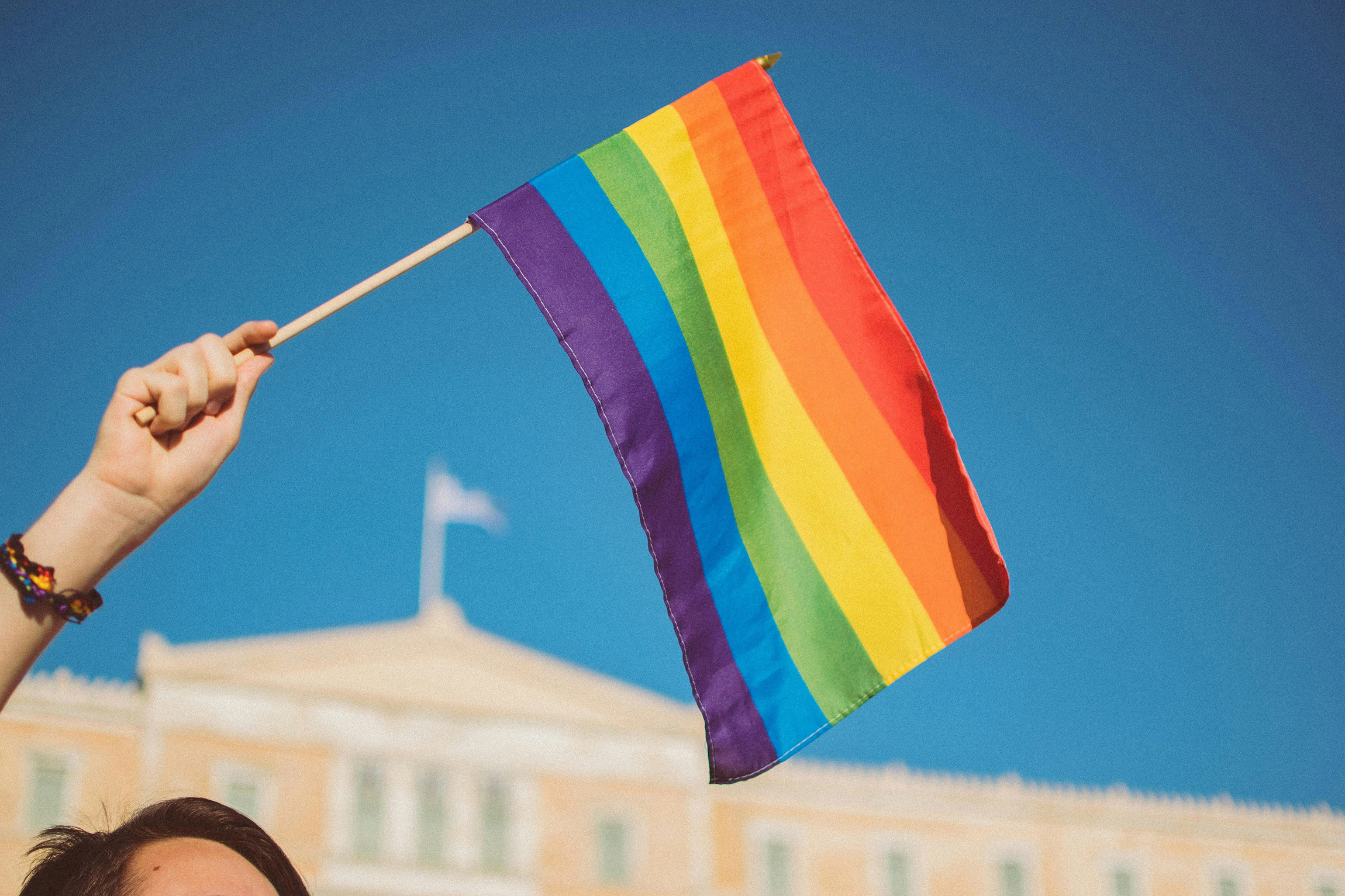Even in the 21st century, homophobia remains a big problem across the country — and the globe. The biases against homophobic relationships can create deep hurt and can cause the cycle of homophobia to continue for generations to come.
Beyond that, homophobia harms relationships. If you’re in the LGBTQIA+ community and currently in a relationship, you’re likely familiar with the strain a homophobic society can put on the life with the person you love.
Even if you’re not in a LGBTQIA+ relationship and identify as a straight individual, the saturation of homophobia in our society can impact your relationship with a romantic partner, family, friends, and even co-workers.
Let’s take a closer look at how homophobia harms relationships and what you can do to start breaking the cycle.



A Lack of Support
Every relationship has issues. Even healthy, happy couples argue sometimes, and they have to deal with the normal stressors and situations that happen when you’re sharing a life with someone.
People in an LGBTQIA+ relationship have to deal with all of those normal issues, and so much more. Unfortunately, if they’re surrounded by homophobic individuals, they can often have to deal with those issues on their own, or with very little support.
Maybe your family doesn’t support your identity or choices. Maybe your partner’s family has abandoned them or won’t stay connected. You might even have some close friends who simply won’t agree with your lifestyle or identification.
Having a support system is essential, no matter who you are or what kind of relationship you’re in. When you don’t have that group of people to listen and build you up, it can create a strain on your relationship. The kind of isolation caused by homophobia can create a lot of tension between you and your partner, and even lead to more conflict.

A Lack of Public Affection
Some people are more open about public displays of affection than others. But, for a queer couple, the idea of PDA might be scary due to homophobia.
You might feel like you always have to be “on guard” about being openly affectionate with your partner because you never know who might approach you and say something about it. If a person is bold and brazen enough to approach you about your lifestyle, there’s always a chance they will escalate things further, and the last thing you want is to end up in a physical altercation.
While public displays of affection aren’t likely to make or break a relationship, feeling constant worry over whether you can give your partner any public physical attention can create tension and anxiety within your relationship.
You Can Be Stigmatized
Because homophobia remains such a problem, those in the LGBTQIA+ community have to face discrimination regularly. If you’re in an LGBTQIA+ relationship, the effects of that discrimination can take a toll on your well-being, and you’re more likely to bring your stress, anxiety, and depression into your relationship.
When you’re anxious or overly stressed because of the homophobia you experience in the world, you’re not going to be your best self in your relationship. You might be quick to jump to conclusions or be more irritable than usual. You might snap at your partner when they don’t deserve it. Mental health issues like these can wreak havoc on any healthy relationship.
Unfortunately, you’re not going to be able to single-handedly stop homophobia in its tracks. What you can do, however, is to find a support system of people willing to be there for you. Lean into advocates and lean into your partner.

You Can Be Stigmatized
Because homophobia remains such a problem, those in the LGBTQIA+ community have to face discrimination regularly. If you’re in an LGBTQIA+ relationship, the effects of that discrimination can take a toll on your well-being, and you’re more likely to bring your stress, anxiety, and depression into your relationship.
When you’re anxious or overly stressed because of the homophobia you experience in the world, you’re not going to be your best self in your relationship. You might be quick to jump to conclusions or be more irritable than usual. You might snap at your partner when they don’t deserve it. Mental health issues like these can wreak havoc on any healthy relationship.
Unfortunately, you’re not going to be able to single-handedly stop homophobia in its tracks. What you can do, however, is to find a support system of people willing to be there for you. Lean into advocates and lean into your partner.
If homophobia is harming your relationship and your own well-being, don’t hesitate to reach out for help, and consider working with a therapist or joining a therapy group.
